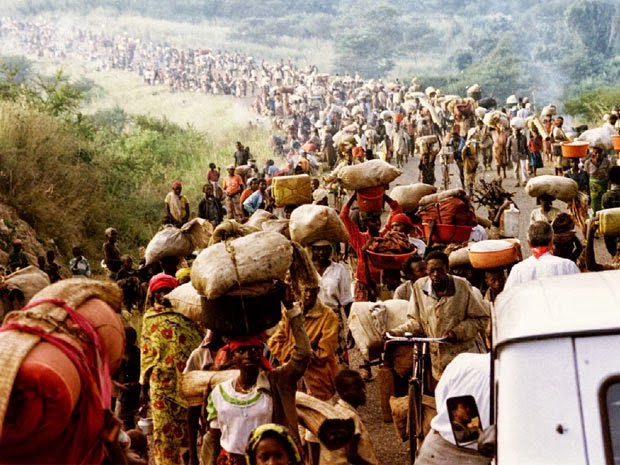<br />
- SOUTH AFRICA

File: Sudanese President Omar al-Bashir, who was allowed to come to and leave South Africa despite an international warrant for his arrest. Photo: REUTERS/Siphiwe Sibeko
THE HAGUE - War crimes judges will rule next month on whether South Africa flouted international law when it failed in 2015 to arrest visiting Sudanese President Omar al-Bashir, wanted on charges of genocide in Darfur.
The International Criminal Court "convenes a public hearing on 6 July ... for the delivery of its decision", the court said in a statement on Friday.
The tribunal based in The Hague "invites representatives of South Africa and the prosecutor to attend".
The government, at an unprecedented hearing in April, disputed accusations by ICC prosecutors that it had broken its obligations to the very tribunal it helped found in 2002.
To the frustration of prosecutors, Bashir remains in office and at large despite two international warrants for his arrest issued in 2009 and in 2010.
He faces 10 charges, including three of genocide as well as war crimes and crimes against humanity charges relating to the conflict in the western Darfur region.
Pretoria and the ICC became entangled in a bitter dispute in 2015 when Bashir was allowed to attend an African Union summit in Johannesburg despite the arrest warrants against him, flying home unhindered afterwards.
South Africa's lawyers, which had sought legal clarification from the ICC's judges shortly before Bashir's visit, argued that he enjoyed immunity as a head of state.
Prosecutors in return said that South Africa, as a member state of the court, had the duty to arrest and hand over Bashir, which it failed to do.
The ICC does not have a police force and it depends on member states to arrest and hand over wanted suspects.
The long-time Sudanese president has denied the charges against him and continues to travel to various countries with impunity.
Sudan's deadly conflict broke out in 2003 when ethnic minority groups took up arms against Bashir's Arab-dominated government, which launched a brutal counter-insurgency.
The UN Security Council asked the ICC in 2005 to investigate the crimes in Darfur, where at least 300,000 people have been killed and 2.5 million displaced, according to UN figures.
South Africa announced it had told the United Nations in October that it was pulling out of the ICC following the Bashir debacle.
But a South African court in February ordered Pretoria to reverse the decision, saying it was unconstitutional.
AFP

